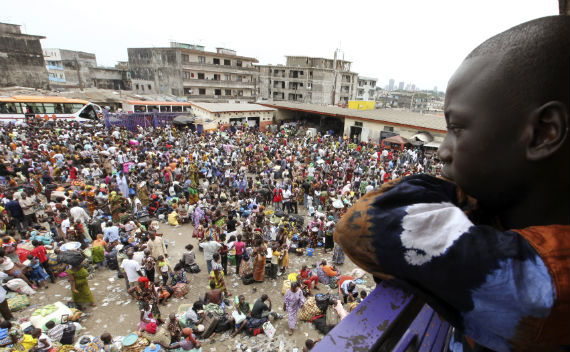Cote d’Ivoire, Libya, and the International Community
More on:

Despite the intense media coverage of the conflict in Libya and the relative neglect of Cote d’Ivoire, the crises are remarkably similar. Both have overwhelming humanitarian dimensions. Fighting has led to internal displacement and refugee flows as well as civilian bloodshed. But international response has been dramatically different. In Libya, western powers have engaged in military strikes while in Cote d’Ivoire, they have limited their response to diplomatic statements and sanctions.
Relevant regional organizations have similarly been inconsistent. The African Union, early in the crisis, suggested intervention might be an option in Cote d’Ivoire, which it has since backed away from. The AU came out strongly against it in Libya. The Arab League came out in support of a no-fly zone in Libya, but has since begun to express reservations. The question is why has the international community reacted so differently?
More on:
 Online Store
Online Store